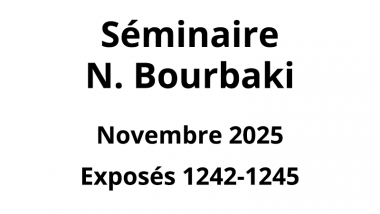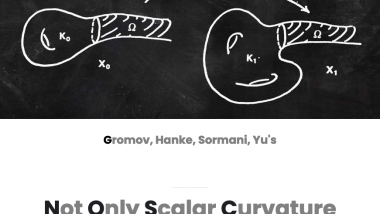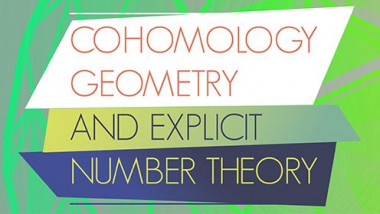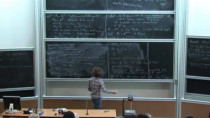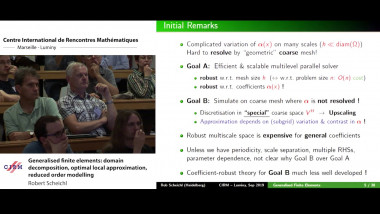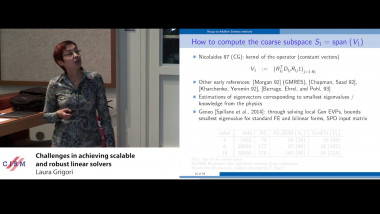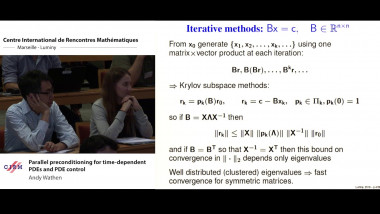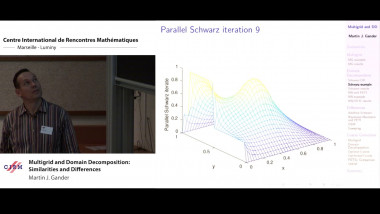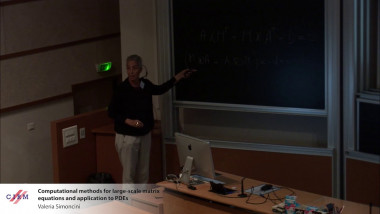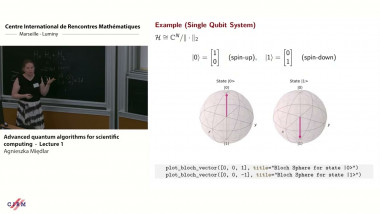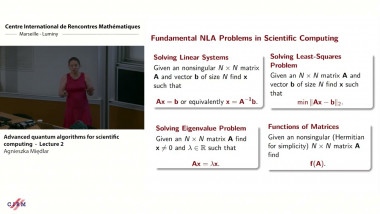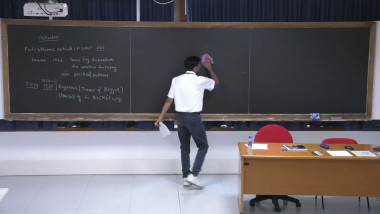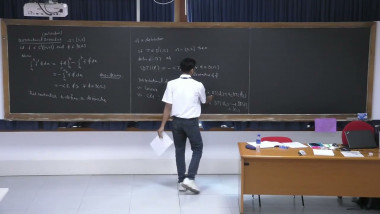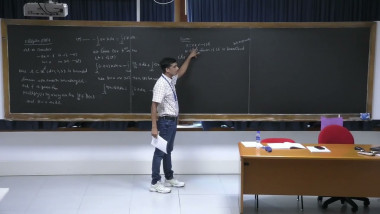Multigrid and domain decomposition: similarities and differences
Both multigrid and domain decomposition methods are so called optimal solvers for Laplace type problems, but how do they compare? I will start by showing in what sense these methods are optimal for the Laplace equation, which will reveal that while both multigrid and domain decomposition are iterative solvers, there are fundamental differences between them. Multigrid for Laplace’s equation is a standalone solver, while classical domain decomposition methods like the additive Schwarz method or Neumann-Neumann and FETI methods need Krylov acceleration to work. I will explain in detail for each case why this is so, and then also present modifications so that Krylov acceleration is not necessary any more. For overlapping methods, this leads to the use of partitions of unity, while for non-overlapping methods, the coarse space can be a remedy. Good coarse spaces in domain decomposition methods are very different from coarse spaces in multigrid, due to the very aggressive coarsening in domain decomposition. I will introduce the concept of optimal coarse spaces for domain decomposition in a sense very different from the optimal above, and then present approximations of this coarse space. Together with optimized transmission conditions, this leads to a two level domain decomposition method of Schwarz type which is competitive with multigrid for Laplace’s equation in wallclock time.
